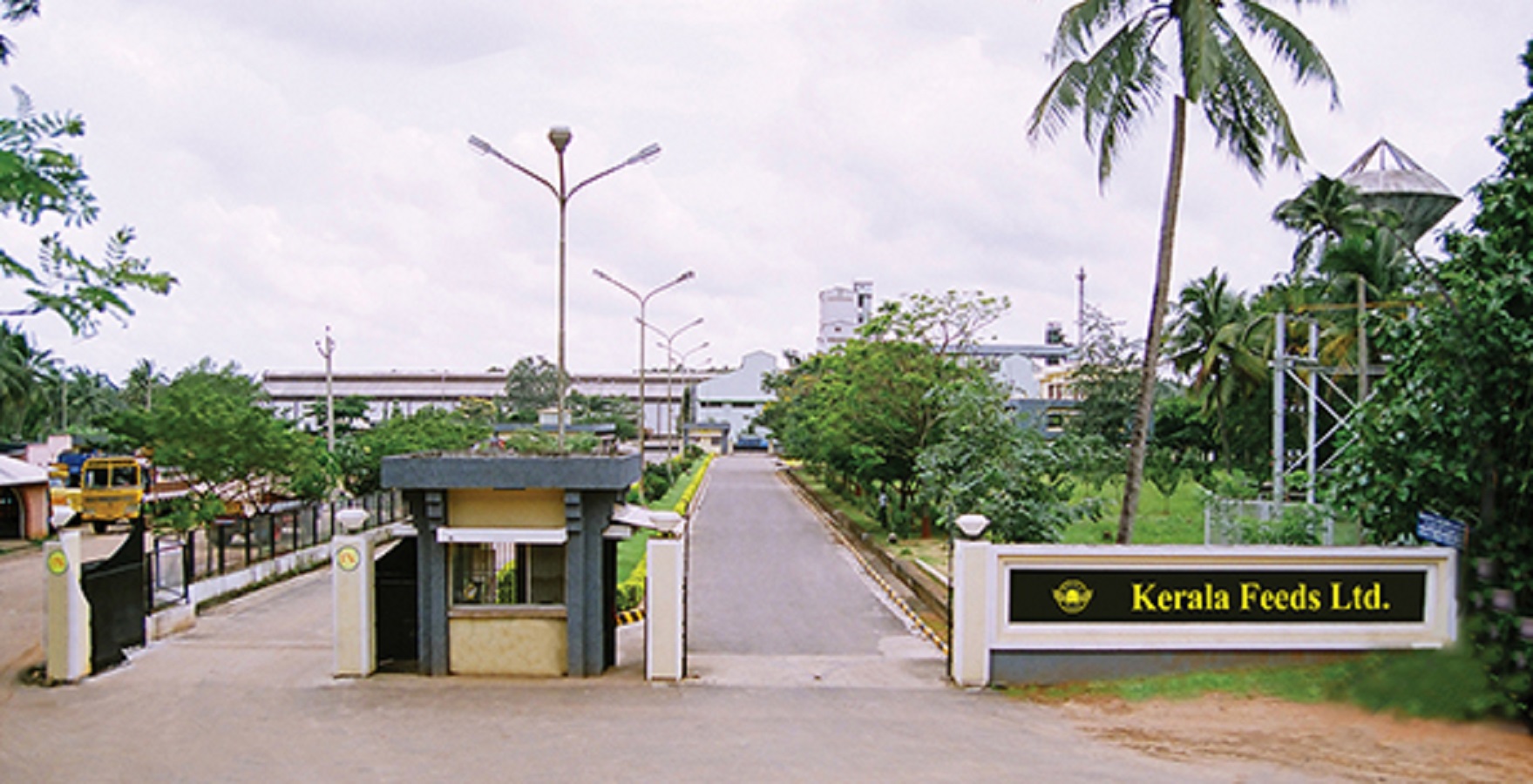THIRUVANANTHAPURAM:
Persistent and aggressively spreading crop viruses such as the tomato yellow leaf curl that completely destroys tomato crops or the insidious yellow view mosaic affecting moong dal, may soon be history with researchers developing a ‘gene-silencing’ spray that plants can potentially use to defend against various diseases.
Advanced research to make a crop more resistant to viruses, infections or drought, without having to gene tically modify them was presented here at the ongoing conference ‘Micro and Metabolic Regulators in Plants’ organized jointly by Rajiv Centre for Biotechnology (RGCB) and the European Molecular Biology Organisation (EMBO).
tically modify them was presented here at the ongoing conference ‘Micro and Metabolic Regulators in Plants’ organized jointly by Rajiv Centre for Biotechnology (RGCB) and the European Molecular Biology Organisation (EMBO).
“We are identifying plant genes that play a crucial role to help plants defend themselves against viruses. Once a plant detects attack by a virus it stores pieces of the virus sequence that are transmitted throughout its entire body to develop immunity against all future attacks by the virus,” said Bernard Carroll, Professor from Australia’s University of Queensland.
According to Dr Radhakrishnan Pillai, Director, RGCB, “Combating viral infections continues to be a major challenge for plant, animal and human diseases.”
Prof Carroll also referred to a collaboration with his colleague, Indian-origin researcher Prof Neena Mitter, from University of Queensland, who recently developed a new technology fo
r protecting plants from viruses – a spray made out of clay and synthetic pieces of the virus that works on the principle of ‘gene-silencing’, which means switching off and destroying the genetic material of the live virus.
Whenever a virus attacks, the plant cell takes a part of the virus to create short pieces of the double-stranded RNAs, information of which is transmitted to all the cells of the plant to organise and destroy virus RNAs with matching sequences. The clay component of the spray developed by Prof Mitter protects and stabilises the synthetic pieces of the virus that are responsible for inducing immunity in the plant.
“Prof Mitter and her team experimented on tobacco to produce the spray that is quite effective to protect the crop against multiple viruses. “The spray technology holds potential for the control of other pests and pathogens of plants, but this potential still it needs to be demonstrated,” said Prof Carroll.
Since clay disintegrates into the soil, the spray is considered to be environmentally friendly and a better alternative to pesticides for farmers who are battling the malaise of plant viruses. Also since there is currently no existing treatments for controlling plant viruses, the only other option for farmers is to grow genetically modified resistant varieties.
“The results presented at the meeting are significant and needs to be explored further. It is also of significant interest since the current thinking is to develop strategies that jointly address the challenge across all species. This “one health” philosophy is also what guides RGCB’s research,” the Director, RGCB said.
Scientists from over 20 countries including the US, Australia, Canada, Belgium and the UK participated in the four-day conference that concluded today.




